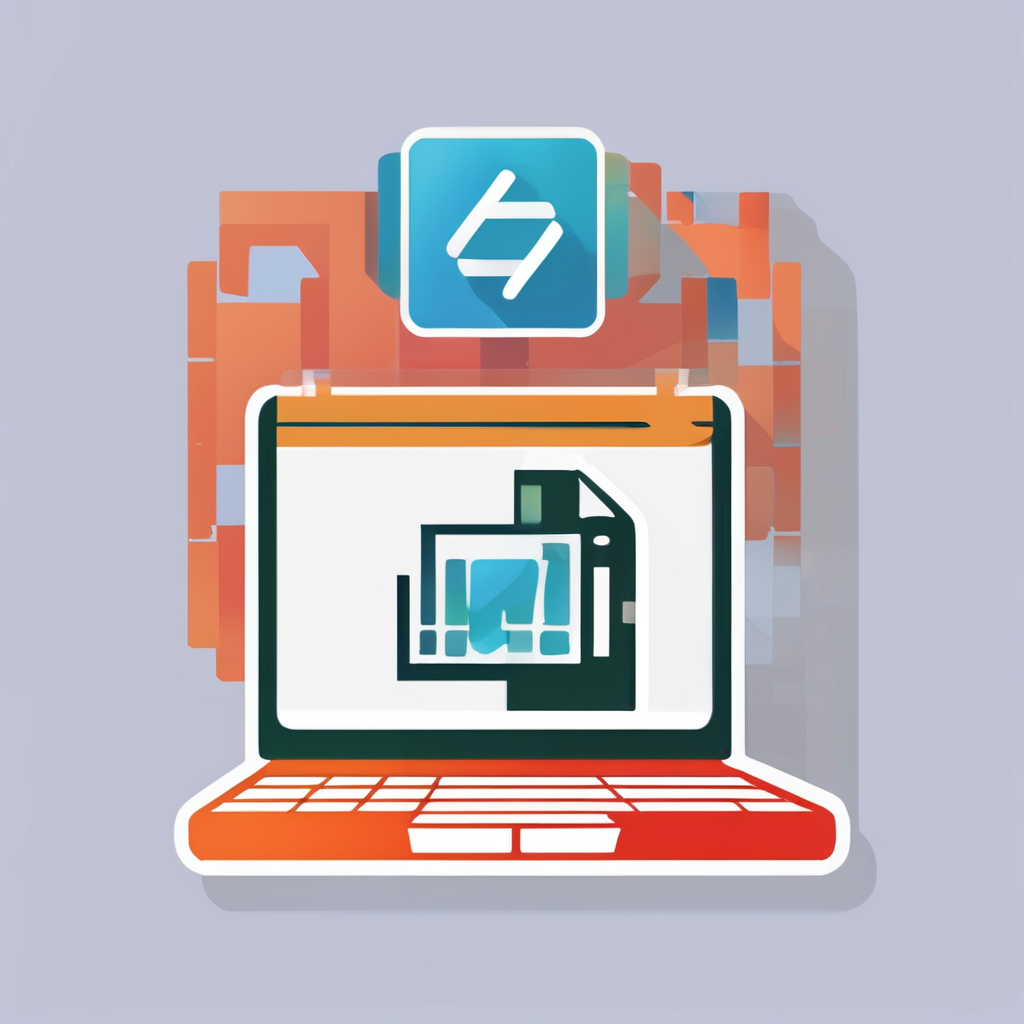Quantum computing fundamentals and their relevance to marketing
Quantum computing basics revolve around using quantum bits, or qubits, which differ from traditional binary bits by representing multiple states simultaneously. This property, known as superposition, enables quantum computers to process complex calculations at unprecedented speeds. Another key principle is entanglement, allowing qubits to be interconnected such that the state of one instantly influences another, regardless of distance.
From a marketing perspective, quantum computing offers a transformative leap beyond classical data processing. Traditional computing handles data sequentially or through limited parallelism, restricting the speed and complexity of marketing analytics. In contrast, quantum computing in UK marketing—and globally—opens new horizons for optimizing customer segmentation, predictive analytics, and large-scale personalization by rapidly analyzing diverse and massive datasets.
Also to discover : What are the emerging trends in UK computing for digital marketers?
The emerging intersection between quantum tech and marketing innovation reflects how brands can harness quantum algorithms to enhance decision-making and campaign effectiveness. Quantum marketing takes advantage of these breakthroughs to anticipate consumer behavior more accurately, optimize pricing strategies dynamically, and manage supply chains with better precision. As quantum technologies continue developing, their integration into marketing strategies will become a defining factor in competitive advantage.
Advantages of quantum computing for UK marketing strategies
Quantum computing benefits for marketers in the UK promise to revolutionize how marketing strategy innovation is approached. One core advantage lies in the enhanced data analysis and segmentation capabilities quantum computing enables. Unlike classical methods that struggle with large-scale, complex datasets, quantum-powered marketing leverages quantum algorithms to analyze and segment consumer data more efficiently and accurately. This allows marketers to identify nuanced patterns and niche audience groups that were previously difficult to discern.
Have you seen this : What are the benefits of using AI-driven chatbots in UK marketing?
Another critical benefit is the improvement in predictive analytics and consumer behaviour insights. Quantum computing’s ability to process vast amounts of data in parallel enables more precise forecasting of customer trends and preferences. As a result, UK marketers can anticipate shifts in consumer behaviour with greater confidence, tailoring campaigns to meet emerging demands swiftly.
Additionally, quantum computing accelerates marketing campaign optimisation and personalisation. Campaigns can be dynamically adjusted in near real-time, incorporating complex variables that classical systems would take much longer to process. This results in highly personalized marketing experiences that resonate more deeply with individual consumers, boosting engagement and conversion rates.
By integrating these quantum computing benefits for marketers, UK businesses can gain a significant competitive edge through innovative, data-driven marketing strategies empowered by quantum-powered marketing technologies.
Practical and potential use cases of quantum computing in UK marketing
Quantum computing is beginning to reshape UK marketing technology by offering unprecedented processing power for complex data challenges. Several UK marketing firms have initiated pilots harnessing quantum marketing use cases, focusing on optimizing campaign strategies and enhancing customer segmentation.
One prominent application is in hyper-personalisation. Quantum algorithms can analyze vast amounts of consumer data simultaneously, enabling marketers to deliver real-time, highly tailored content. This level of personalization goes beyond traditional data analytics by considering multiple variables and preferences instantaneously, increasing engagement rates and customer loyalty.
Additionally, quantum computing promises to revolutionize media buying and targeting. By modeling and solving complex optimization problems faster than classical computers, it can improve the allocation of advertising budgets across channels, maximizing return on investment. This enhances digital advertising effectiveness by enabling marketers to predict consumer behavior with higher accuracy and swiftly adjust strategies accordingly.
In summary, quantum computing applications in UK marketing are currently focused on pilots but have strong potential to transform the industry through smarter personalization, efficient media buying, and precise targeting. These advancements can provide competitive advantages in an increasingly data-driven market landscape.
Challenges and limitations facing quantum computing adoption by UK marketers
Quantum computing challenges for UK marketers stem primarily from its high costs and technical complexity. Investing in quantum hardware and software is currently expensive, putting it out of reach for many marketing departments. Moreover, quantum computing requires deep technical expertise to develop and deploy meaningful solutions, which remains scarce within marketing teams.
A significant adoption barrier is the lack of skilled talent and knowledge in quantum computing among marketers. This talent gap hinders the ability to understand quantum advantages or translate these into practical marketing strategies. Training and hiring specialized professionals demand additional resources, delaying wider implementation.
Integration issues present another major hurdle. Quantum computing solutions must work seamlessly with existing marketing technology stacks and vast, often fragmented, data sources. These marketing technology limitations complicate adoption, as current platforms are mostly classical and not designed to interface with quantum systems. Overcoming these integration challenges requires substantial adaptation or redevelopment of current tools.
Actionable steps and future outlook for integrating quantum into marketing
The journey toward quantum adoption in marketing begins by equipping UK marketing teams with a solid foundation in quantum principles. Understanding how quantum computing can transform data analysis and customer segmentation is critical. Marketers should prioritize training programs and workshops that demystify quantum concepts, enabling teams to identify practical use cases and prepare for the shift in technology.
Collaboration plays a pivotal role in accelerating this transformation. Partnerships with academia, research institutes, and technology providers will foster innovation and resource sharing. These alliances offer access to cutting-edge quantum research and development, facilitating the integration of quantum solutions tailored to marketing challenges. UK businesses can leverage these relationships to stay competitive and adapt quickly.
Looking ahead, the quantum computing roadmap signals a significant evolution in data-driven marketing. The ability to process massive datasets with unprecedented speed and precision promises breakthroughs in personalization, predictive analytics, and campaign optimization. Marketers should anticipate and prepare for this shift by investing in adaptable infrastructure and nurturing a culture open to experimentation with quantum technologies. This proactive approach will ensure that the future of UK marketing technology thrives in the quantum era.
